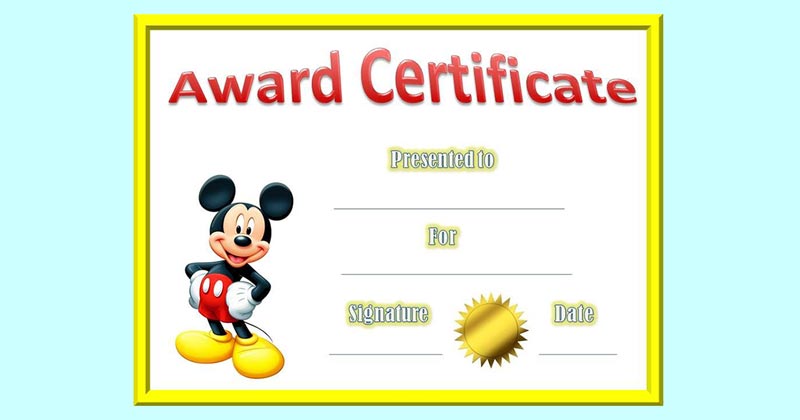Free courses are popular, with people enrolling in them all the time. They include short training courses and MOOCs (Massive Open Online Courses) from some of the world’s best universities. The great benefit is, obviously, that they’re free.
But there’s some truth in the adage that you get what you pay for. Just the act of paying for a course means you’re more likely to finish it. Free courses have high dropout rates and essentially don’t lead to a recognized qualification.
Pros of MOOCs and Free Courses Generally

1. It’s free
A big advantage of taking a free online course is that you don’t have to pay tuition fees. The only significant costs are your time and energy.
Some courses do ask you to pay if you want a certificate at the end. But that’s an optional expense.
2. Control what you study
Because there’s no financial commitment, MOOCs and other free courses give you ultimate control over what you study. You can get what you want out of a course and stop at any time. Just quit and move on if the course has taught you what you want to know or if you see a better option.
Many people don’t finish free courses. Often, it’s not because of a problem with the course, or due to a lack of effort. Students opt for a quick learning hit and move on before finishing the full curriculum.
3. Mix and match
Another control element of free online classes is that you can choose whatever courses you want from any discipline. Because you’re not working towards a formal kind of qualification like a bachelor degree, no boundaries exist. Free courses are a good way to sample different careers.
4. Demonstrate genuine interest in a topic
The commitment involved with doing free online courses is generally not as great as committing to a full degree that you pay for. Because of this, you can impress a prospective employer by doing them. Completing non-accredited courses shows personal drive. You are studying a topic out of interest and because you have a passion for learning, not just to get a qualification.
Cons of MOOCs and Other Free Courses

1. You don’t gain a recognised qualification
Online learning providers try hard to give you a qualification that recognises your achievement in completing a free course. But, at this stage, accredited university degrees are unavailable through free online study. A key disadvantage of MOOCs is that employers generally won’t consider you as qualified in a subject just through this free training.
Part of the problem is that free courses generally aren’t designed to provide credentials. Often it’s possible to cheat on the testing. Teaching standards may be low as well, and it can be too easy to pass. Providers of free online courses make it easy because they want you to do more than one unit (and not give up because of poor grades).
2. It’s harder to study consistently
The lack of financial commitment with free courses makes it harder to persist with study. Eventually, your self-discipline (or ego control) becomes depleted.
You’re much more likely to skip content that is dull or put in a half-hearted effort. This is fine if you are just studying to have fun and stimulate your mind. But it doesn’t help with developing good study habits and means you may learn much less than you could through a paid course.
Do MOOCs Suck?

If you can enrol in a MOOC, stick with the program at least for a while, and learn a whole bunch of useful information, that’s fantastic! But you’re probably in a small minority of students who are capable of doing that.
If you struggle with a MOOC in terms of motivation or learning outcomes, don’t let that put you off university study in general. With a clear study goal, the commitment of having paid tuition fees, and the pressure of having to pass, many students who struggle with MOOCs can do great with online college or university classes.
MOOCs certainly have their place, but they’re not for everyone. Most people don’t achieve the same level of learning from MOOCs as they do from paid courses. So, in that sense, yes – MOOCs suck.


Genevieve
I get where the article’s coming from on the whole ‘no formal recognition’ thing. But let’s not forget how the job market’s evolving. Employers are starting to care more about what you can actually do, not just the diploma hanging on your wall. Digital badges and micro-credentials show something, that you got through the program!
Genevieve
For added skills that don’t need some sort of validation, I think free courses would work! But sometimes employers really do need some sort of proof that you are indeed knowledgeable in said skill, so that would be when free courses are not the best solution anymore.
Ian Richardson
I think online courses that are free are great if you want to supplement or learn a new skill for a hobby but you will be hard-pressed to find a job this way. I learned everything I could about computers from building them to hacking them but because I didn’t have a degree or certification, I was not able to find a good job that pays for my skills. I ended up getting certified and was able to find a job through a company that was willing to pay for it.